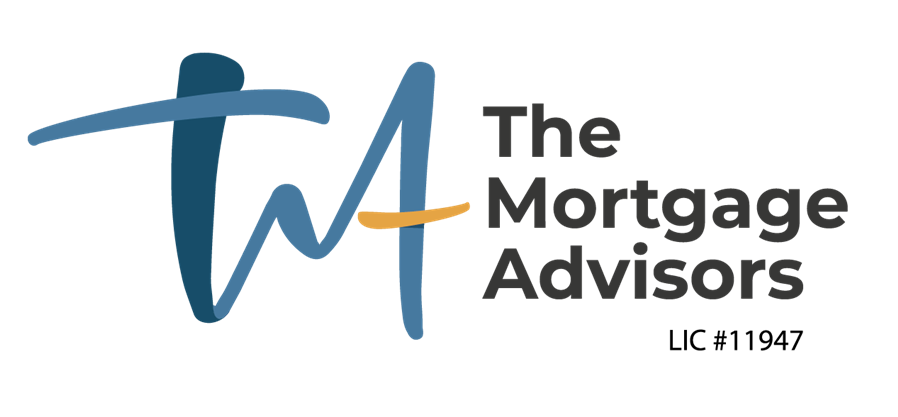
Nick Holloway
The Impact of car payments on mortgage qualification – Let’s review the numbers.
11/16/2020
By Nick Holloway -
When we look at the overall debt obligations of Canadian households, we generally find the bulk of outstanding loan balances fall into the category of mortgage or vehicle payment. This article addresses specifically how vehicle loan payments restrict the debt servicing ability of the borrower in relation to mortgage qualification, and while other debt obligations such as credit cards or student debts apply to overall debt servicing, these items are outside of the scope of this piece.
To begin with a brief overview of the qualifying ratios used for mortgage qualification, these are worked out as a percentage of the applicant’s gross income. Firstly, there is the Gross Debt Ratio (GDR) which accounts for the expenses regarding the mortgage payment, property taxes and heat (plus 50% of Condo fee, if applicable). Secondly, the Total Debt Ratio (TDS), which accounts for the same line items as the GDR, but also includes all other debt obligations. In its simplest form, these ratios are calculated by summing all the relevant expenses together, then dividing by the gross income amount. It should be noted for the actual mortgage payment used in these calculations is determined by the current Bank of Canada Qualification Rate, at the time of writing is 4.79% or 2% above contract rate (whichever is higher), and not by your actual mortgage payment based on your contract rate. As a typical example of the ratios lenders require for qualifying a mortgage amount, most fall to a maximum of 39% for the GDR and a higher tolerance of 44% for the TDS, which we observe is a 5% difference (I’ll come back to this later).
To look from the perspective of a first-time homebuyer who has no additional debts, the TDS and GDS ratios would be the same number, so we can determine the overall mortgage qualification is limited to no higher than a GDS of 39%. If the applicant were to add a car payment or other debt lines, this will result in an increase for the TDS ratio. To see this in practice, we accept an applicant’s annual income is at $120,000, which can be converted to $10,000 per month. For the GDS, lets assume the monthly expenses noted above total $3,900 per month, we calculate $3,900 divided by $10,000 equals 0.39 (39% written as a decimal). Now to work out the TDS ratio, we have to include additional monthly debt liabilities to the equation, so assuming the applicant has added a monthly vehicle payment in the amount of $500, then $3,900 plus $500 equals $4,400 divided by $10,000 results in 0.44 and is at our upper limit for the TDS ratio.
To optimise mortgage affordability, the applicant would ideally prefer to avoid triggering the TDS ratio as this may act to restrict the amount of the mortgage loan and property they wish to qualify for. To see the triggering of a TDS in practice as a continuation from the above example, if we adjust the monthly car payment up by $100 per month to $600, the resulting TDS ratio is increased to 0.45, or 45%, which is greater than the TDS threshold by 1%. The resulting difference in affordability means a reduction of around 3% less mortgage which the applicant can qualify for based on the same income level.
In conclusion, it is important to understand how the debt servicing translate to mortgage affordability and take consideration as to how best to optimise this. Assuming it is necessary to add a vehicle payment, a simple rule of thumb is considering limiting the amount of your monthly vehicle payment to less than 5% of your gross monthly income (i.e. Gross monthly income x 5%), or if it is possible to adjust the timing of a vehicle loan until after you have completed on your home purchase and associated mortgage funding, this will assist with minimizing your TDS ratios accordingly. If you have any questions regarding taking on new debt obligations, it is recommended you consult in advance with your mortgage professional so they can best advise based on your specific circumstances and help with aligning to your long term goals accordingly.




























